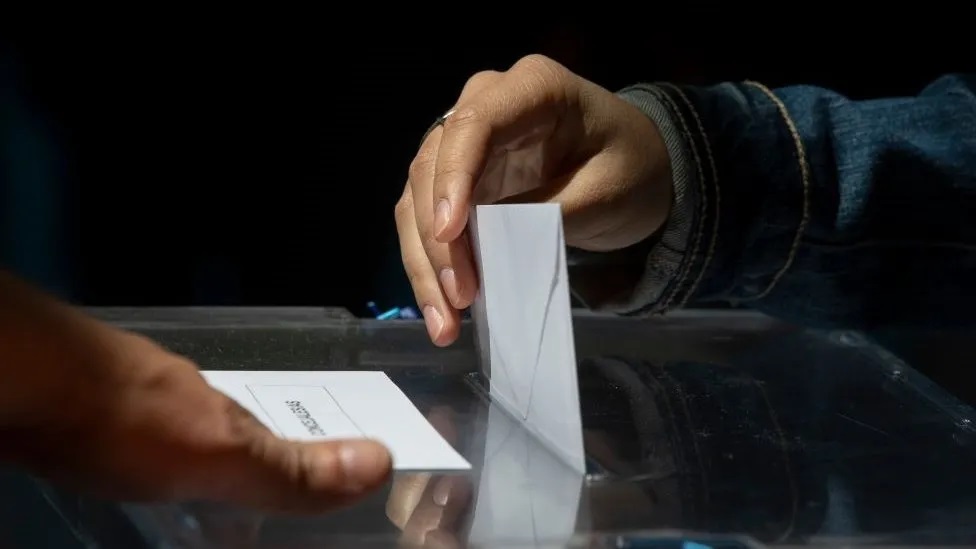Meta, the company behind Facebook and Instagram, is gearing up to combat deceptive artificial intelligence (AI) content ahead of the upcoming EU elections in June. They’re concerned about the misuse of generative AI, which can create fake videos, images, and audio to manipulate voters.
This move comes after warnings from UK Home Secretary James Cleverly about the potential use of AI-generated fakes to influence elections. However, some experts feel Meta’s plans may not be strong enough to tackle the issue effectively.
Meta plans to assemble a dedicated team to monitor and mitigate potential threats across its platforms in real-time during the European Parliament vote. They’ve also partnered with other tech firms to combat misleading content.
In response to this challenge, TikTok has announced the launch of “Election Centres” within its app for all EU member countries, offering reliable information in local languages.
Meta’s head of EU affairs, Marco Pancini, highlighted their substantial investment in safety and security measures, including a large team of content reviewers fluent in various languages.
Despite these efforts, experts like Deepak Padmanabhan from Queen’s University Belfast raise concerns about the effectiveness of Meta’s approach, particularly in identifying AI-generated images. They question how technology can distinguish between real and fake content, especially in scenarios like depicting clashes between protesters and police.
Meta is collaborating with fact-checking organizations across the EU and expanding its partnerships to tackle misinformation, including AI-generated content. They plan to label misleading posts and reduce their visibility while prohibiting such content in advertisements.
Pancini emphasized the need for industry-wide collaboration and shared standards to address the broader challenge of AI-generated content on the internet.
In summary, Meta is ramping up efforts to combat deceptive AI content ahead of the EU elections, but experts caution that significant challenges remain in effectively addressing this issue.






